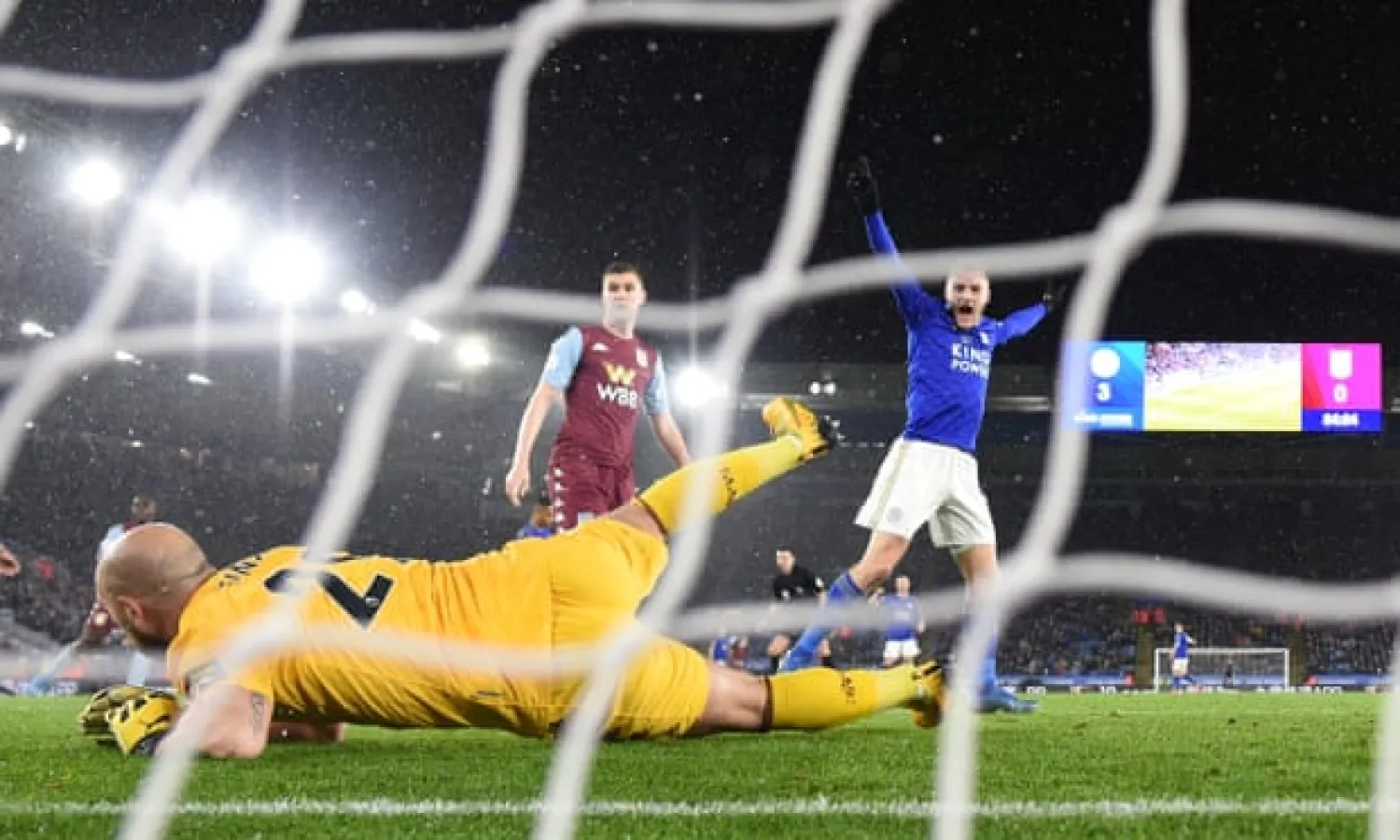With each week the plans become a little more refined and with each week any final decision is pushed back. Football may return, and this is how it may look if it does, but nobody is sure, and any proposed date can only be provisional. Which is as it should be. In an age that often favours decisiveness over the decision itself, there is something vaguely comforting about a process that accepts the wisdom of waiting.
But in the background there is a crucial, nagging voice, and what it is saying is this: if football isn’t prepared to return, at least initially, in a form very different to the one it took before the virus, it may not return for a very long time – and for many clubs that means never.
Various fan bodies, particularly in Germany, have protested about the prospect of football returning behind closed doors. The stand-out proposal from Friday’s Premier League meeting is for matches to be played at neutral grounds. The accusation is of the authorities and clubs acting not for reasons of sport but finance, a tension that has existed since the advent of professionalism 140 years ago. At some point, though, the two intersect.
Football long ago abased itself before the capitalist altar and, while it would be preferable if more than lip service were paid to the idea the game has a community role, that it is not merely a business and didn’t exist simply to make the rich even richer, equally there has to be some realism.
Clubs, however socially responsible, need revenue to survive. In Europe’s big five leagues, a high proportion of that revenue is derived from broadcasting rights and to generate that games need to be played.
One of the reasons Dutch clubs seem to have reacted with relative equanimity to their government’s decision to ban all public events until at least 1 September is that the pressure from broadcasters in the Netherlands is nowhere near as intense. The outcry in France after a similar decision would almost certainly have been louder – and various clubs are considering their legal options – had a new, far more lucrative television deal not been beginning next season.
There has also been a quasi-moral argument raised, that there is something distasteful about plotting a return to live sport when people are still dying in their hundreds by the day. And perhaps there is; it’s easy to imagine how modern football’s combination of glitz and pettiness could jar with a general mood of sombreness.
But it’s not to diminish the unique nature of the coronavirus crisis or the tragedy of those deaths to observe that all life goes on all the time against a background of mortality. At some point, as the risk of contagion recedes, lockdown will ease and some version of some variant of life will begin again.
Judging that point is, of course, enormously difficult, and where football should lie on the list of priorities can be debated. But the two principal factors in making a decision must be safety and resources.
What is clear is the clubs have no desire to make any call without official support and that there is no appetite on the part of the government to institute the sort of ban seen in the Netherlands and France. That football could be considering a return in Germany, Italy, Spain and England while suspended in two ostensibly similar neighbouring countries is bewildering, but given the easing of lockdown is necessarily a gradual process, perhaps it is only natural that different countries should have different concerns and take different steps first.
Germany looks the country closest to a return, though the revelation of three positive tests at Cologne may affect those plans, perhaps before the end of this month.
That at least gives the Premier League an example of what football may look like, that minimising the risk to players will be complicated and require sacrifice and discipline is clear. To a layman, frankly, the processes look baffling and overwhelming, and it is entirely understandable that players should be concerned – and fully involved in any decision – but it may be their acceptance is the only way football can return without a wait of several months that could devastate clubs.
Then there is the matter of resources. The guidance suggests players should be tested two or three times a week. Even if the tests are sourced privately, that clearly should not happen until staff in hospitals and other key positions – in shops, on public transport, in schools – are being tested regularly.
Equally, there will have to be medical and security staff on duty at stadiums. Again, that cannot happen if they would be better deployed elsewhere. Those are matters on which football can only wait.
Using eight-to-10 neutral stadiums would seem a way of making the process more efficient: fewer arenas to adapt to the guidelines and keep clean, less risk of fans congregating. It is far from ideal but these are compromises that may have to be accepted for football to get under way again.
And the vital point, perhaps, is this: that these measures may be necessary not only for this season but for next as well. Ending 2019-20 now, whatever method is used to determine positions and titles, promotion and relegation and European qualification, may resolve certain issues regarding contracts that are set to expire on 30 June, may allow prize money to be distributed (although probably not without legal challenges) and may answer some perceived need to be seen to be decisive, but the fundamental will remain: the virus will still be there.
Whether football returns in June or September, or later even than that, it will be a long time before it is played in stadiums packed with crowds of tens of thousands, without players having to undertake complex social distancing measures. Normal isn’t coming back any time soon.
The Guardian Sport









